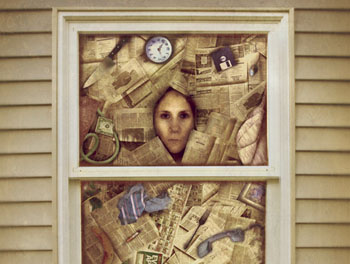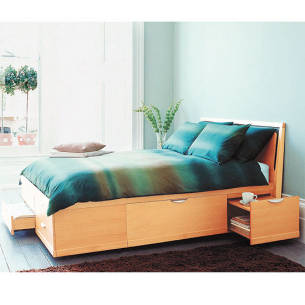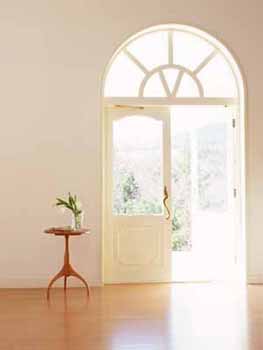
The way your home looks is not only a reflection of yourself; the mess also tends to make you feel lethargic and confused about what you want to do with your life. One of the problems people face when they try to clear out their things is that they feel a strong attachment to some of their belongings. We hang onto memories we associate with objects and that makes us feel secure. While it’s all right to keep some things that remind you of happy times, too many of them will keep new things from entering your life.
There are certain areas of the home that tend to become hot spots of clutter. If these areas become too overcrowded with things, positive energy or chi stagnates and won’t flow throughout your house. Look at these areas of your home and decide whether they need to be cleared out:
The entrance/main hall – This is where your family, guests, and friends pass through and get the first impression of where you live. Ideally, it should be well-lit and welcoming but it is also usually the dumping ground of shoes, bags, children’s toys, and newspapers.
The attic/basement – Not everyone has an attic or basement but if you do, they are usually crammed with junk and things you never use but have not gotten around to throwing away.
Corridors – Clutter in this area usually gathers beside doorways and in wall crevices.
Before you start decluttering, assess which objects you want to throw out and which ones you’d like to keep. Go around the house with a pen and notebook and look at these clutter hot spots, as well as inside closets and bedrooms. Make a note of which areas have huge piles of junk and which have smaller piles.
Once you’re done figuring out where all the clutter in your home is contained, get garbage bags or cardboard boxes and label them according to how you want to dispose of them. Label the first bag as “junk”, for items that you definitely want to throw away. On the second bag, write “thrift store” for useful items that still work well and that other people might find a use for. On the third bag, write “things to be repaired”, for items that no longer work but that you might find a use for. On the fourth bag, write “things to sort out”, items that you’re not sure you want to let go of. Keep them somewhere for six months and keep the ones that you miss; if not, get rid of them.
When it comes to clothes, be a little more careful – keep only the ones that you enjoy wearing or that you wear regularly. Try on the ones you’re not sure about and if they don’t fit you well or if you don’t like the way they look, get rid of them. Sales and bargains make you buy clothes that you don’t particularly like or need, so make a conscious decision to never again buy items that you’re not 100% happy with.
Photo credit





